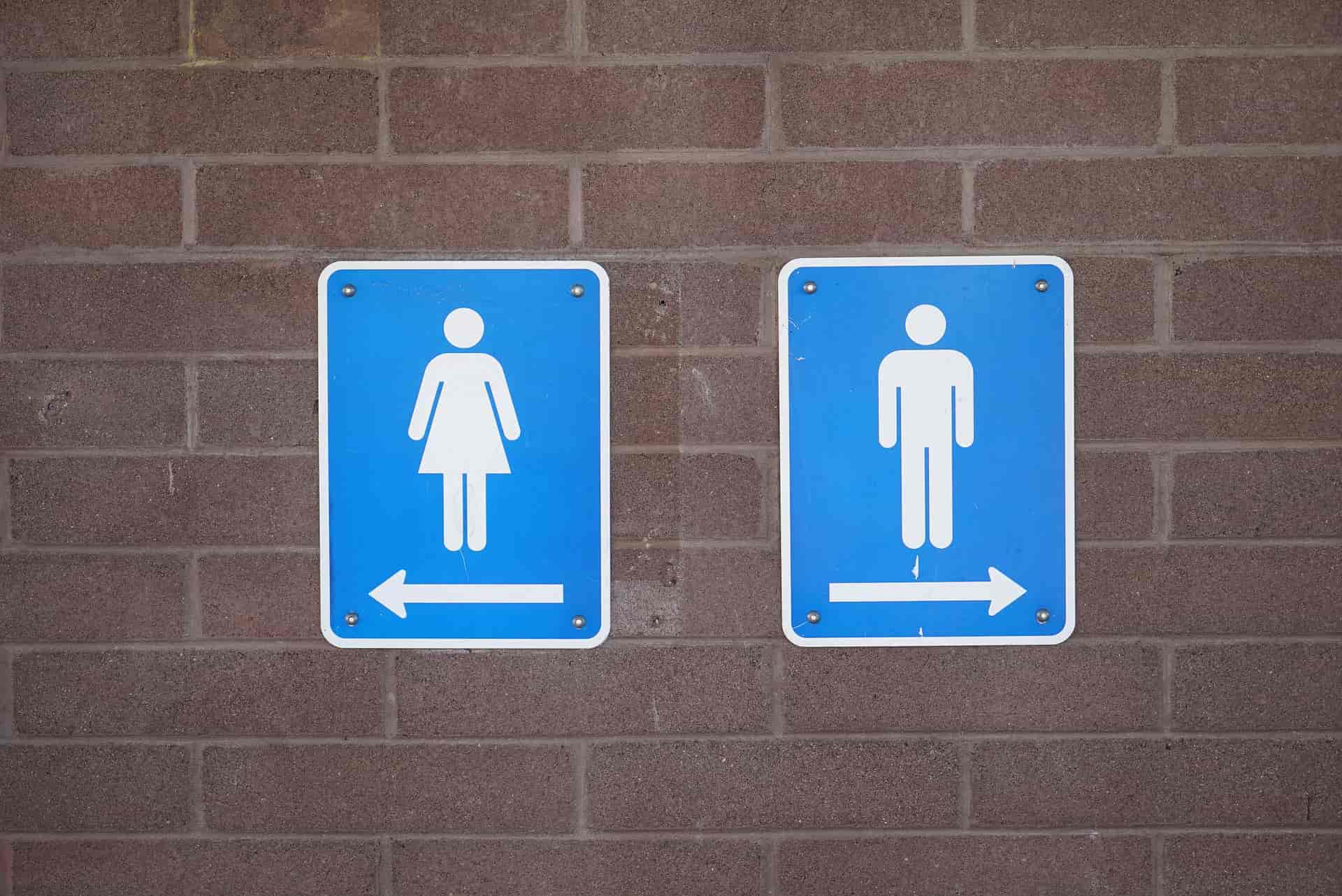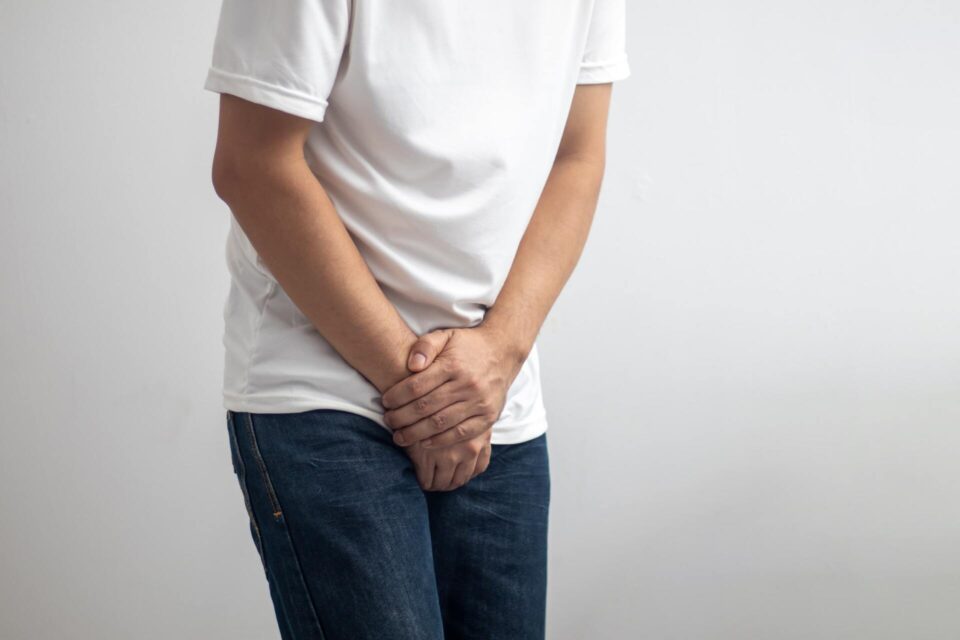Author: Northwoods Urology

Why Do I Constantly Have to Pee?
10 Possible Reasons for Frequent Urination.
Frequent urination is much more common that you might think. As you get older, you may find that you have to use the bathroom more often. Many people who begin to experience frequent urination, may blame stress or think they drink too much water. In fact, it is perfectly normal to go the bathroom 6-10 times a day, especially if you are active and drink lots of water. However, if you go more often than that, you might consider seeing your doctor.
To help you understand why you have to go to the bathroom so much, here are the most common causes of frequent urination.
-
Overactive Bladder
Perhaps the most common cause of frequent urination is overactive bladder. People who suffer from overactive bladder not only need to go to the bathroom frequently, but also often feel a sense of urgency. Overactive bladder is caused by spasms in the bladder that make it contract involuntarily. This happens even when the bladder is not full. There are many ways to treat overactive bladder like medications, procedures, or simple behavioral modifications.
-
Urinary Tract Infection
Urinary tract infections can also cause you to have pee often. Most people will experience a urinary tact infection at least once in their life. Some common symptoms besides frequent urination is a burning sensation when urinating and possible bladder leakage. UTI’s are easily preventable with the right diet and healthy habits. They are also easy to treat.
-
Bladder Stones
Not to be confused with kidney stones, bladder stones form when the minerals in your bladder become too concentrated. This can lead to pain, blood in the urine, and frequent urination. Most of the time, bladder stones pass on their own, but in some cases, the stones become too large and must be surgically removed. The best way to prevent bladder stones is by drinking plenty of water daily and eating a healthy diet.
-
Diabetes
One of the most common symptoms of diabetes is frequent urination. If you have to urinate too often, consider consulting your doctor, especially if your family history has many cases of diabetes. If you do have diabetes, you can get it under control with the proper medication and diet.
-
Obesity
Excess weight could be the cause of your frequent trips to the bathroom. When you carry around extra body fat, it can put a strain on your internal organs, including the bladder. A simple change in diet and increase in regular exercise will show improvements in your bladder function, among many other benefits.
-
Pregnancy
Frequent urination is a common occurrence during pregnancy. The growing baby inside and the extra weight on the body put pressure on the bladder and may even weaken the pelvic floor muscles. Once the baby is born, you may find the need to use the bathroom all the time subsides. However, sometimes it may be necessary to see a urologist about strengthening your pelvic floor. This will help you maintain better control over your bladder, bowels, and uterus.
-
Menopause
Menopause can cause frequent urination on several levels. For one, it effects the nerves in your bladder, sometimes causing overactive bladder. It can also cause you to lose elasticity in your bladder. It’s also important to note that menopause happens more often as women get older. Over time, the pelvic floor muscles naturally get weaker if not properly cared for. This can cause you to go to the bathroom more frequently. Seek a physical therapist to learn how to strengthen your pelvic floor and counteract some of the negative effects of menopause.
-
Prostate Problems
An enlarged prostate can block the flow of urine, causing overactive bladder. Although there are many other symptoms, the symptoms affecting urination are: waking during the night to use the restroom, frequent urination, or weak urine stream. Consult your urologist to check your prostate. Prostate issues arise more often as men get older and there are medications and simple surgical procedures that can help.
-
Bladder Cancer
Although is is much less common, bladder cancer can be a cause of frequent urination. Another common symptom is blood in the urine. See you doctor right away if you have these symptoms.
-
Interstitial Cystitis
Internal cystitis, or IC, is similar to overactive bladder and has many of the same symptoms. This is why it is difficult to diagnose. People with internal cystitis experience frequent urination and also pelvic pain. Also, patients with IC typically don’t experience urinary incontinence, like overactive bladder patients do. Your doctor can perform some tests to diagnose IC if you feel you have, it.
If you believe you suffer from one of these conditions, there is good news. There are many treatment options available. Talk to your doctor today and get a proper diagnosis. If you are ready to talk to a professional who can get you the help you ned, call Northwoods Urology today. We’ve helped many people overcome overactive bladder and we can help you, too.





